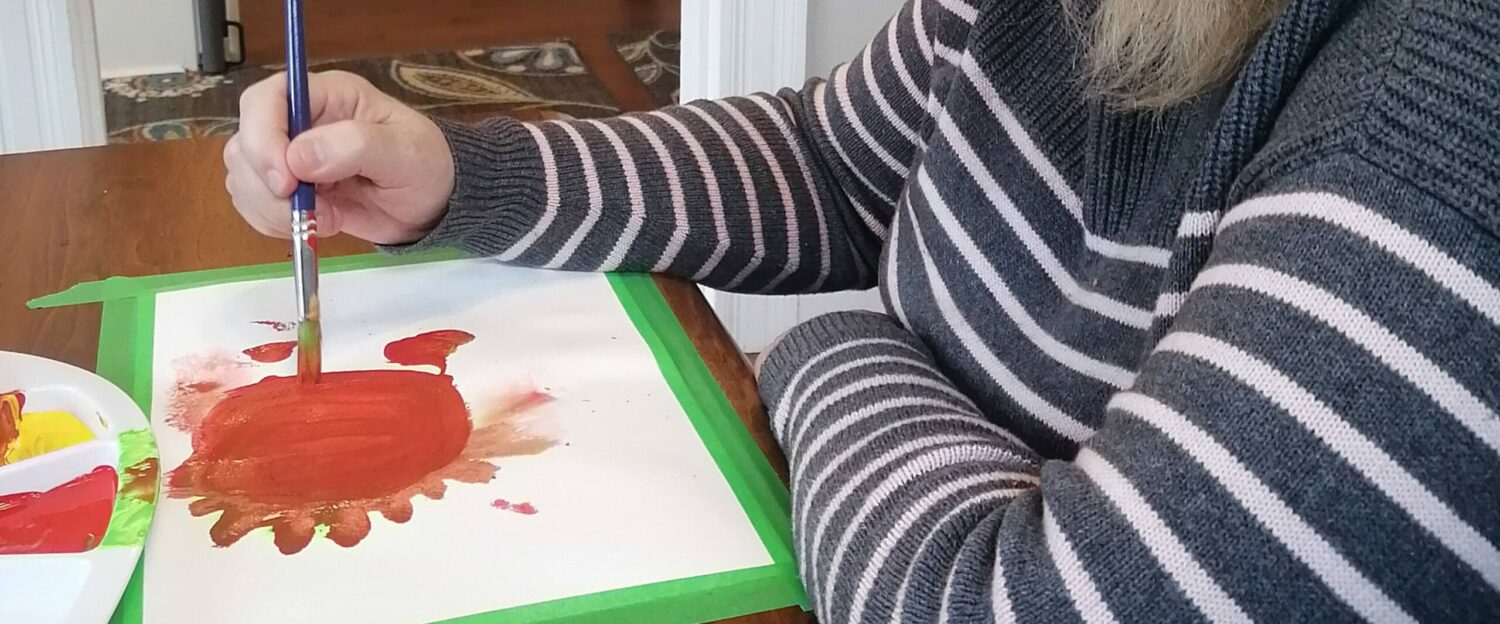Caring for a spouse with dementia is an emotionally and physically exhausting journey. Men especially often find themselves unprepared for the role of a caregiver. Many of them, particularly from older generations, may not have traditionally taken on a caregiving role in their marriage, making the transition even more overwhelming.
The shift from being a husband to becoming a caregiver can feel like a profound loss – of partnership, intimacy, and shared history. Watching a beloved partner slowly lose her memory, personality, and independence is heartbreaking, leading to feelings of helplessness, grief, and isolation. Unlike caring for a parent, which is an expected part of life, losing a spouse to dementia is a slow, ambiguous loss that leaves the husband physically present in the marriage but emotionally bereft.
The practical demands of caregiving can also be daunting. The unaffected spouse can find themselves responsible for household tasks, intimate personal care, and medical decision-making, roles they may not have previously handled. The stress of managing daily care while navigating the unpredictability of dementia – mood swings, confusion, wandering, incontinence – can be exhausting and lead to burnout.
Social isolation is another significant challenge; friendships and support networks may fade as caregiving responsibilities increase, and men may struggle to reach out for emotional support. Furthermore, there is often an unspoken expectation that men should be strong and stoic, making it difficult for them to express the loneliness and sorrow they feel. Without adequate support, spousal caregivers are at high risk for depression, exhaustion, and declining health themselves, making it critical for them to seek help and respite care whenever possible.

My daughter made me aware of your you tubes just a week ago- she said they sounded just like my situation. I know you have thousands of followers and probably will never see this but after reading many of your posts and seeing your videos I feel I have finally found a brother in arms who understands what i am going through. Peg, my wife, was diagnosed in Jan. 2019 with frontal temporal dementia. She is very similar to your wife now. Most of my life I was a teacher, but was an RN for a while so I had some care giving background, but I was not prepared for the amount or intensity of the care that I would need to give. I live in Winona,Mn. ( a river town), not too big and not much help available, but a lady visits 2 hrs a week and I can get out then. My friends are very supportive but don’t want to overtax them. I want to care for Peg till the end but I am realizing that may be unrealistic. I hope to share some of your insights and observations with family and friends to help them better understand what is going on, you say it more elequently than I ever could. Thank you for your sharing. Frank Smith
Hi Frank! So glad you reached out, and yes ‘brothers in arms’ is an apt description, and I would say arms as in hugs of caring and understanding. It’s a rough trip, no doubt about it. I hope may videos help you find another way to convey your situation to your friends and loved ones. It’s so gratifying when I’m able to connect with someone like this. Please stay in touch… feel free to email too jvangurp@gmail.com
Very best wishes,
John